Rhinitis
Rhinitis (inflammation of the nasal mucosa) is one of the most common diseases of the upper respiratory tract. Usually people classify it as a runny nose and do not attach seriousness to the disease. Meanwhile, rhinitis can be both quite harmless and fraught with many complications. Sometimes it is an independent disease, often it is one of the symptoms of another disease.

specialists

equipment

treatment
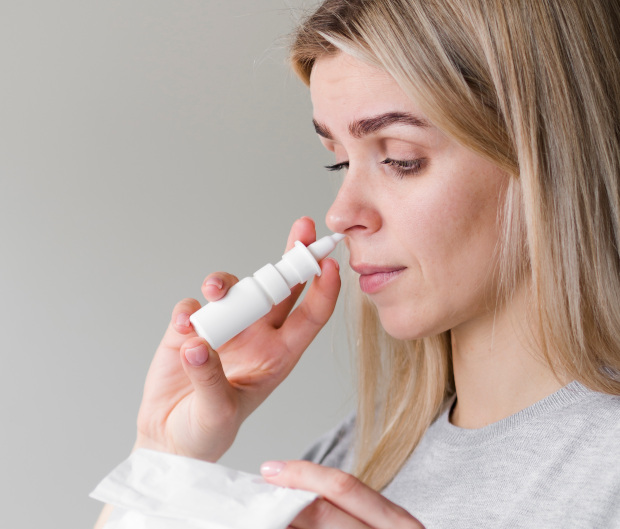
Poorly treated inflammation of the mucous membranes of the nose can become chronic. Even in a small child, constant nasal discharge cannot be considered the norm, and adults should not constantly use inhalers and disposable napkins. Rhinitis negatively affects performance, worsening the general condition of the body, making it difficult for a person to concentrate on work. An organism weakened by a chronic runny nose is much more susceptible to diseases of the respiratory system. If a runny nose in an adult does not go away for two weeks, this is an alarm signal. And the discharge of greenish sputum may indicate that the disease has progressed to a more severe stage - purulent rhinitis.
Chronic does not mean “incurable”. The sooner a person seeks help from a doctor, the greater the likelihood that the disease will be stopped quickly enough.
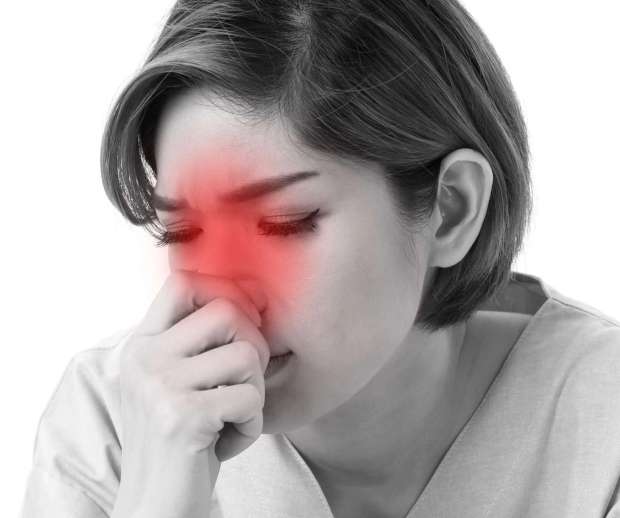
The disease develops, depending on the cause, sometimes in a matter of minutes, sometimes within 48 hours.
It is better to relieve the most acute manifestations of the disease immediately, especially if the cause of its occurrence is known. Some people need an antihistamine, others need drops. But under no circumstances should you give medications that are not prescribed by a doctor to your child - an error in dosage can have very serious consequences.
The medical center “Clinic K+31” has the most modern methods for recognizing the causes of the disease; they will help you choose exactly the drugs that are needed for a particular patient.
Symptoms of rhinitis
The first sign of developing rhinitis may be nasal congestion, accompanied by a strong discharge of mucus (runny nose). Other possible symptoms: difficulty in nasal breathing, sneezing, headache, lacrimation, fever to low-grade (above normal, but below 38 degrees). Body aches, general weakness, and loss of appetite may also be noted. In a child, rhinitis can cause weakness, irritability, and tearfulness. A baby's runny nose prevents him from breastfeeding normally, the baby cries a lot and quickly loses weight.
It is important to know the cause of the disease, since rhinitis is only an indicator of trouble in the body. Let's try to figure it out.
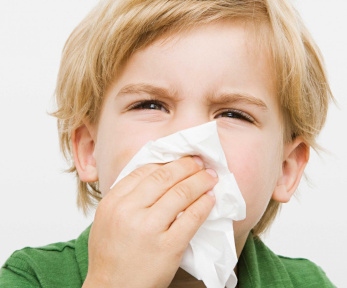
Types of rhinitis
We have already said above that the disease can be caused by a variety of reasons. Below you will read about its main varieties.
Catarrhal rhinitis
This is one of the most common forms of the disease. Develops under the influence of external factors: viruses, microbes. Transmitted by airborne droplets. The first symptoms may appear within two hours after contact with the source of infection. That is why those who are sick should consult a doctor and get an exemption from work so as not to infect other people.
Rhinitis in pregnant women requires individual selection of medications, not all of them are harmless. Symptoms of rhinitis in pregnant women may be somewhat subtle, but the inability to breathe normally when lying down is a common symptom.
Hypertrophic rhinitis
Under the influence of unfavorable external factors (smoking, frequent illnesses, unfavorable external environment, etc.), the mucous membrane of the nasal turbinates begins to grow, making normal breathing difficult. Inhalations through the mouth provoke new exacerbations of the disease.
Dryness in the larynx, the ineffectiveness of conventional vasoconstrictor drugs for nasal congestion - all this should alert you and lead you to an otolaryngologist as quickly as possible.
Atrophic rhinitis
Allergic rhinitis
Arises as an individual reaction to an external irritant of both natural and artificial origin: plant pollen, animal dander, certain medications and chemicals, dust in the air, etc. Drug-induced rhinitis can be caused by individual intolerance to the drug or frequent inhalation of vapors when preparing medications.
If a runny nose is seasonal or associated with some kind of action (cleaning an apartment with detergents), goes away when this symptom is removed, the disease occurs at a normal temperature - you need an allergist who will test and identify the allergen, and then prescribe a course specialized treatment that helps you “get used” to the allergen and not react to it.
Vasomotor (vascular) rhinitis
K+31 photo gallery





Our doctors

This award is given to clinics with the highest ratings according to user ratings, a large number of requests from this site, and in the absence of critical violations.

This award is given to clinics with the highest ratings according to user ratings. It means that the place is known, loved, and definitely worth visiting.

The ProDoctors portal collected 500 thousand reviews, compiled a rating of doctors based on them and awarded the best. We are proud that our doctors are among those awarded.
Make an appointment at a convenient time on the nearest date
Price

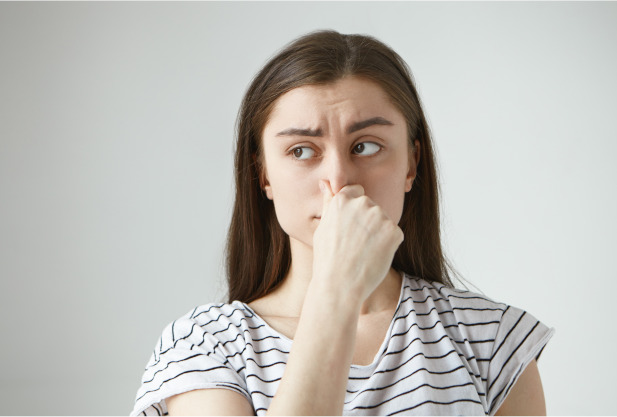
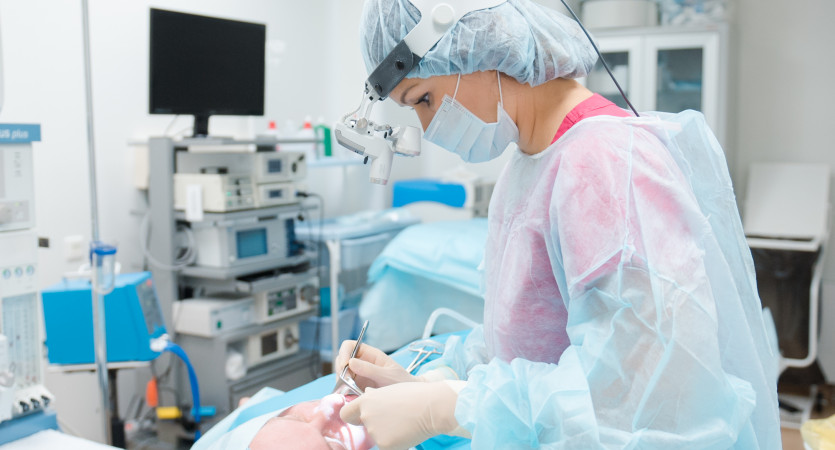
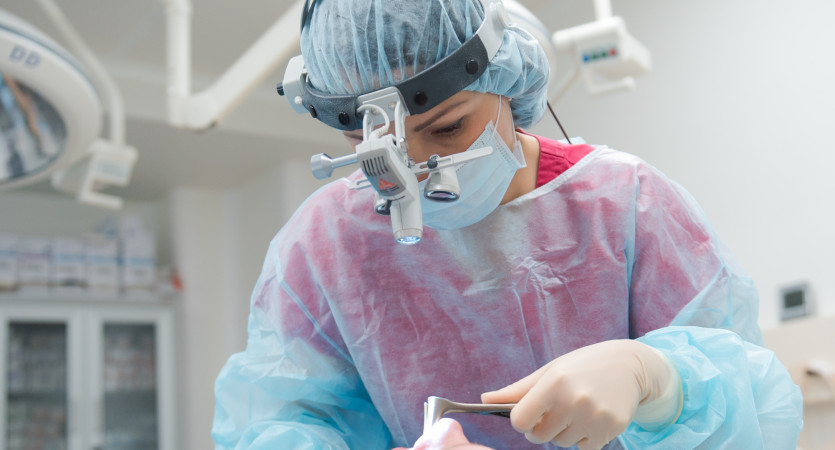
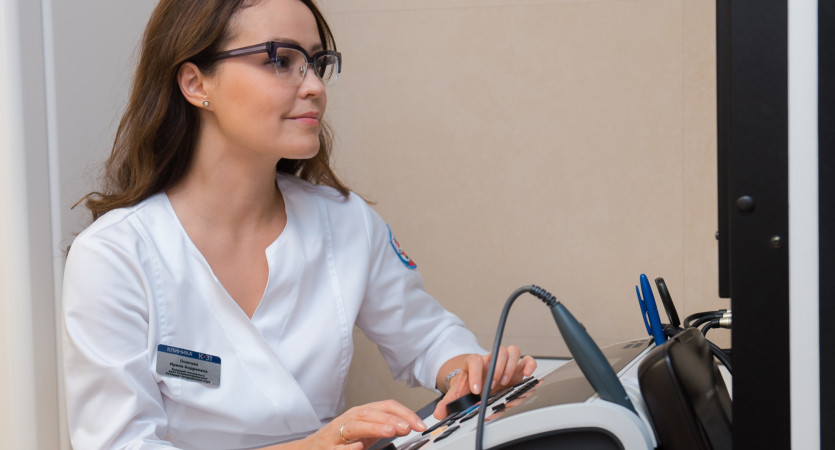
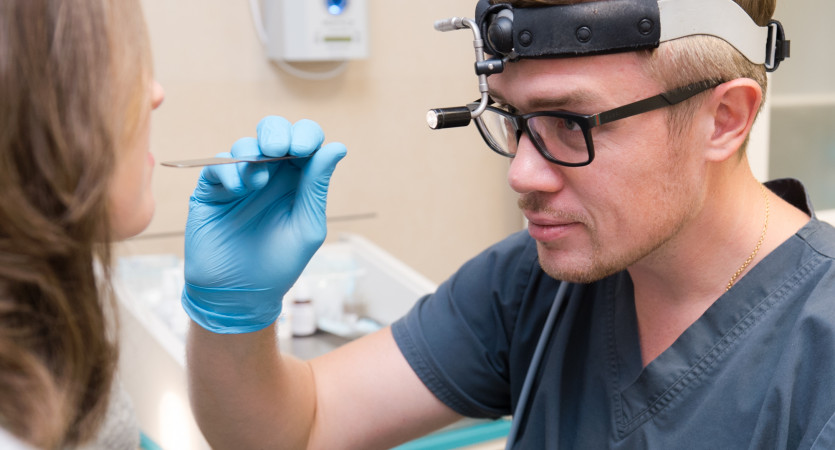
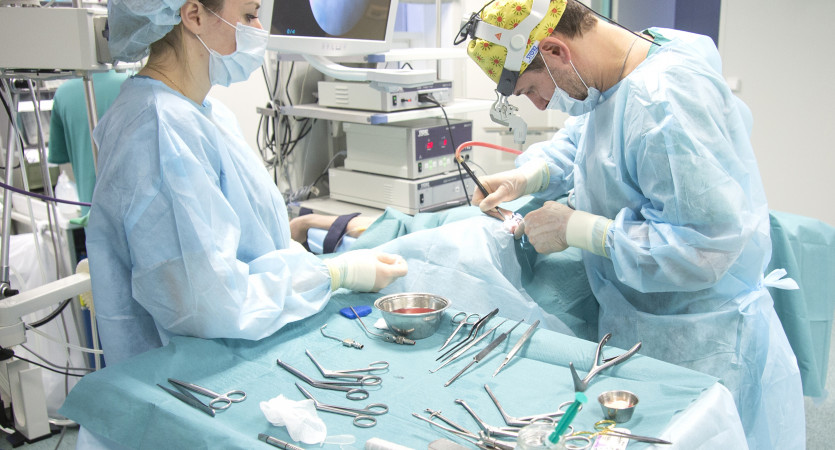
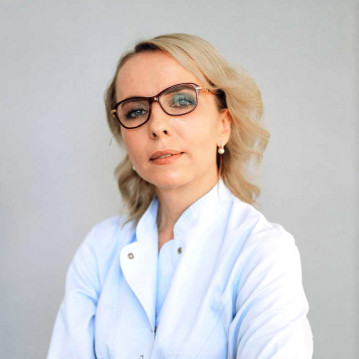
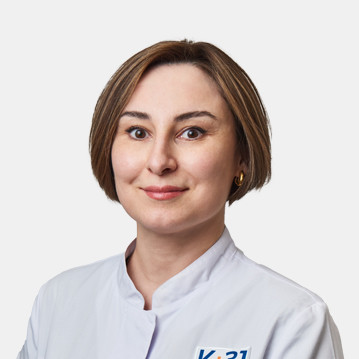
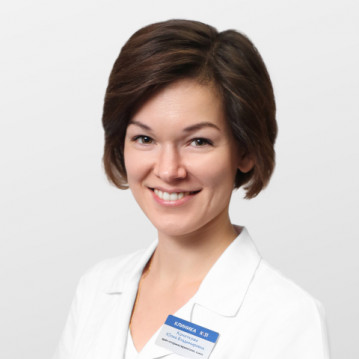

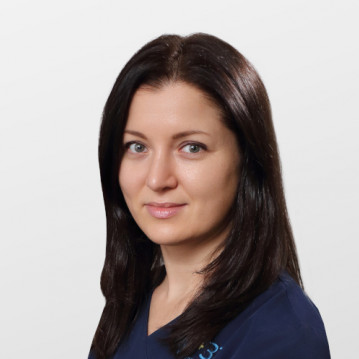
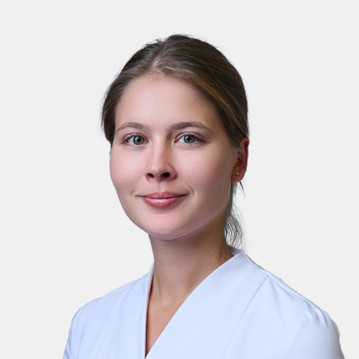
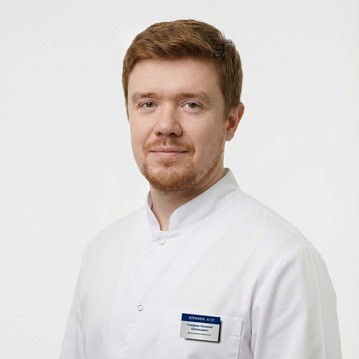
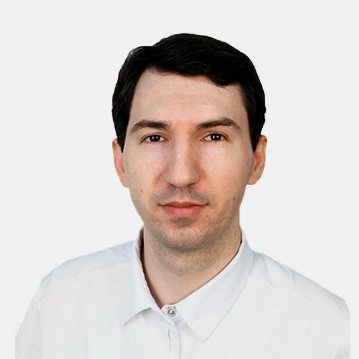
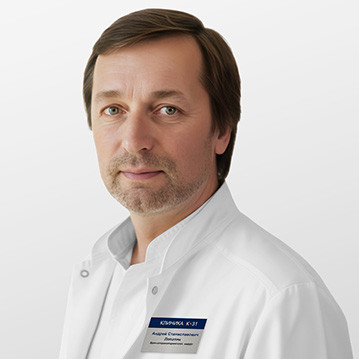
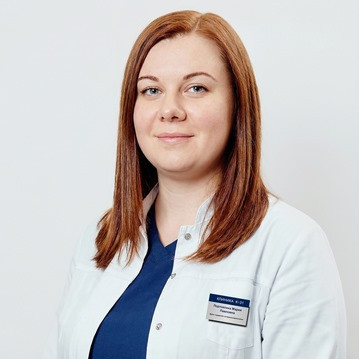
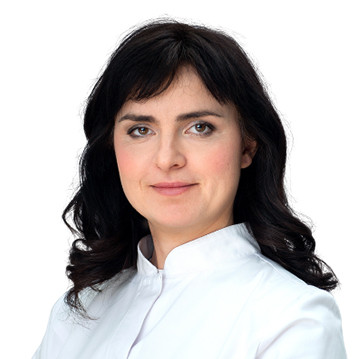
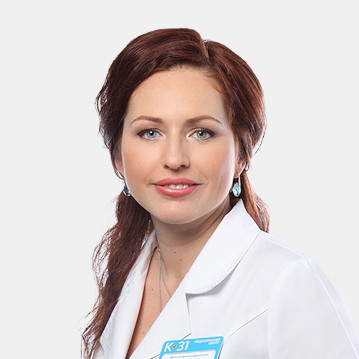
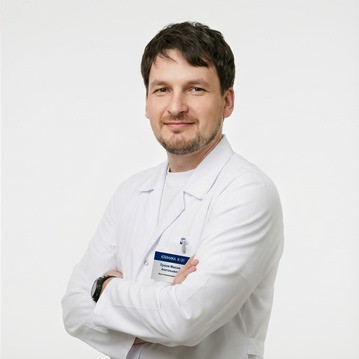
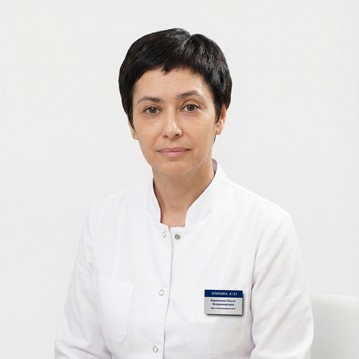
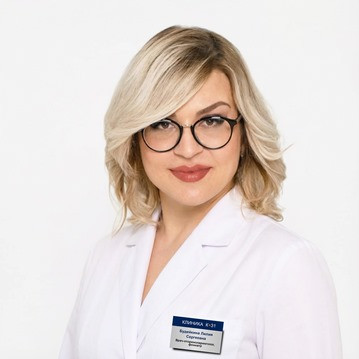
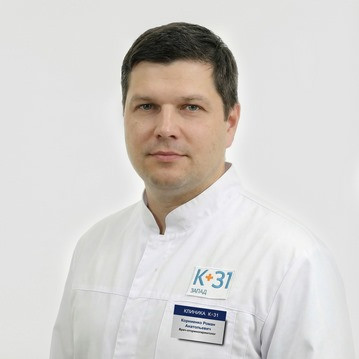
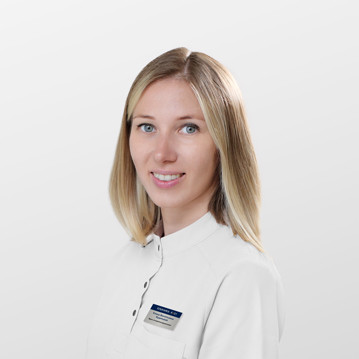
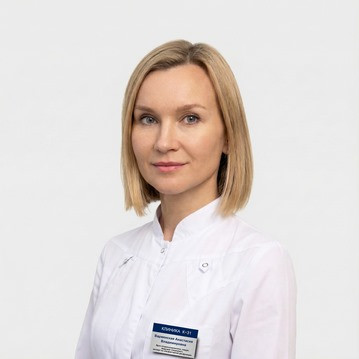
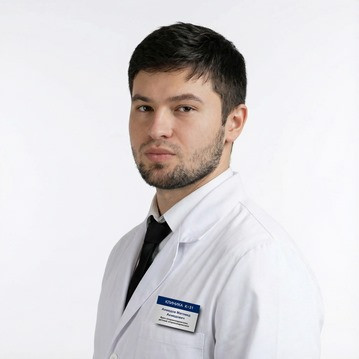

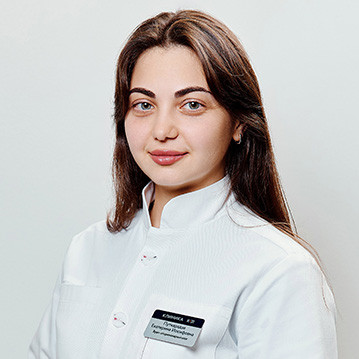
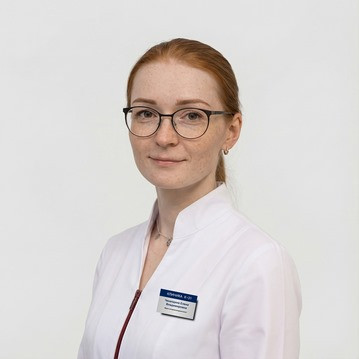
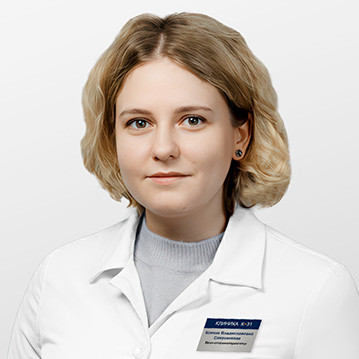
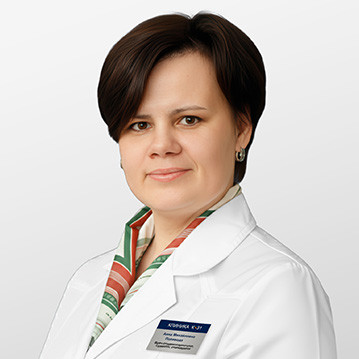
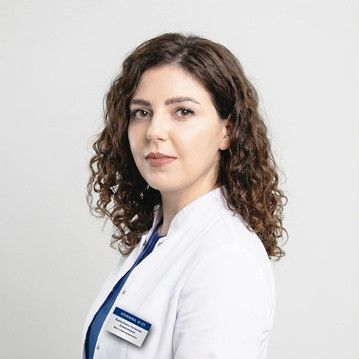
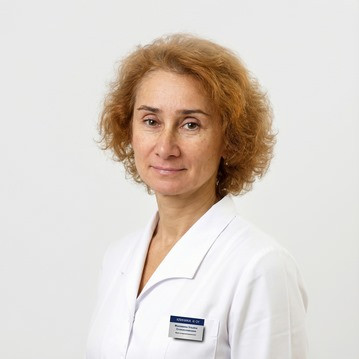
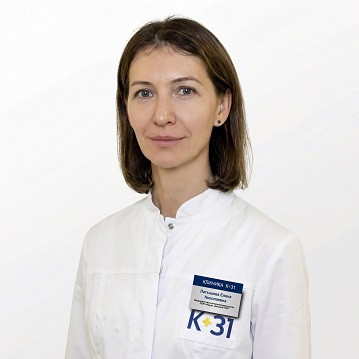
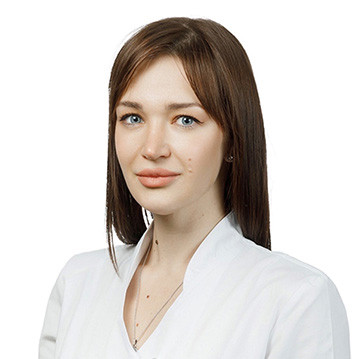
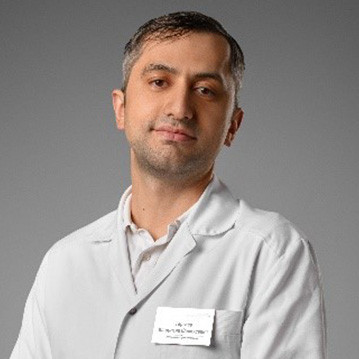








Causes
Most often, rhinitis develops against the background of hypothermia, which reduces the body's defenses. The conditionally pathogenic microflora is activated and the person becomes ill.
There are frequent cases of allergic rhinitis - an inadequate reaction of the body to certain irritants.
Sometimes rhinitis is the first “bell” indicating a decrease in the overall immune activity of the body, so you should not treat it as something insignificant.
There are also frequent cases of hormonal rhinitis, which develops during the restructuring of the body.
It is strongly recommended not to self-medicate, but to consult a doctor to identify the causes of the disease.